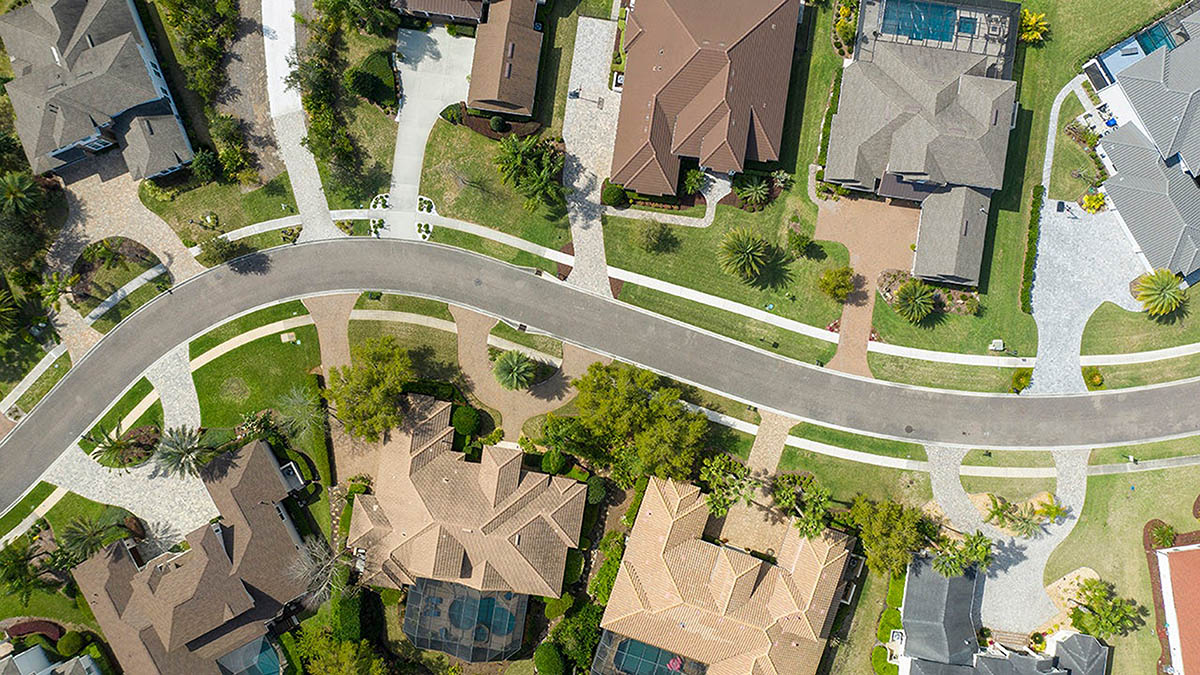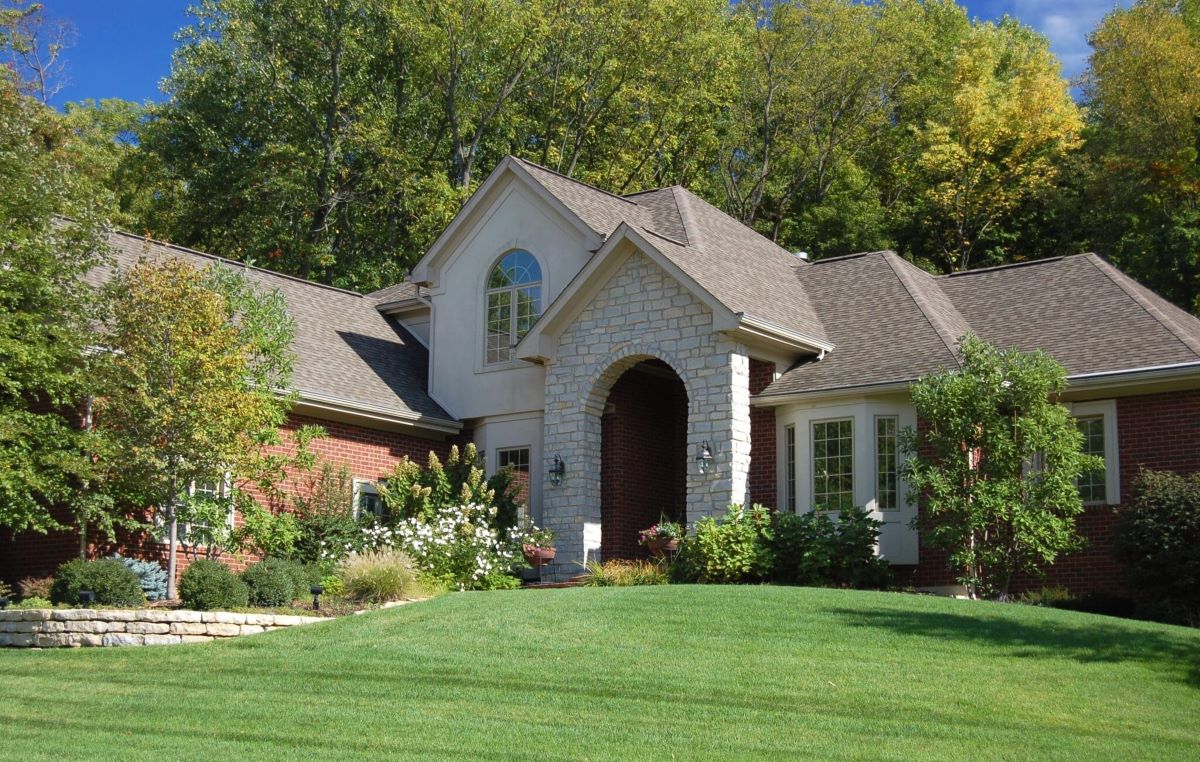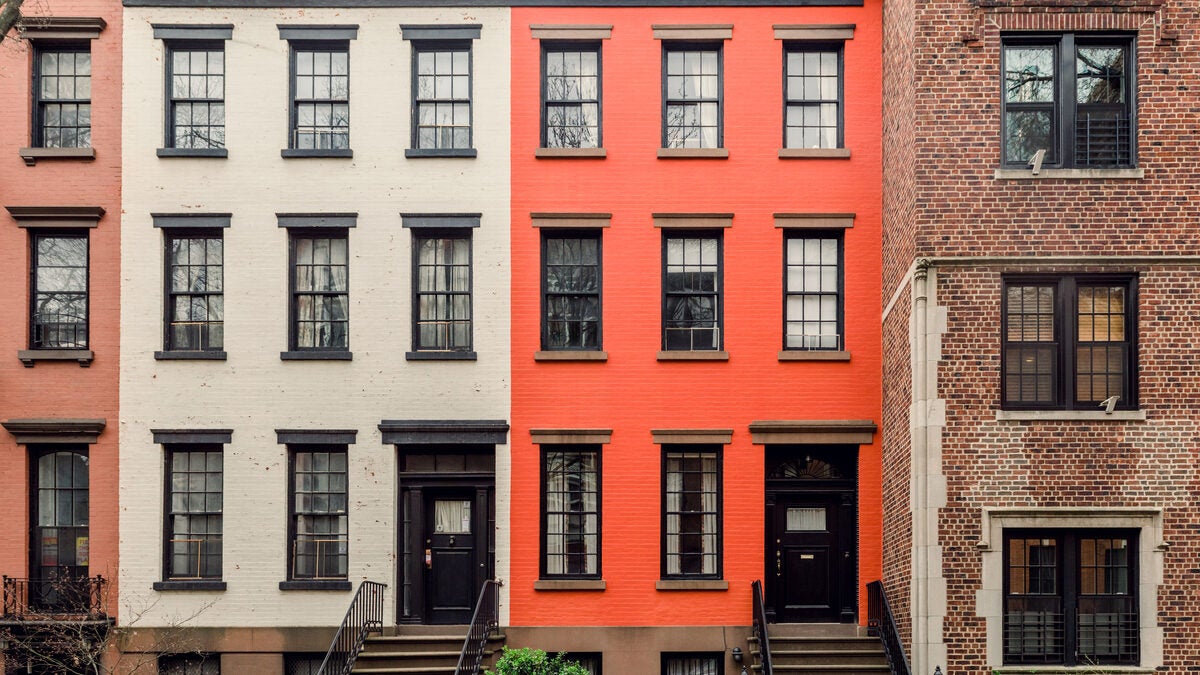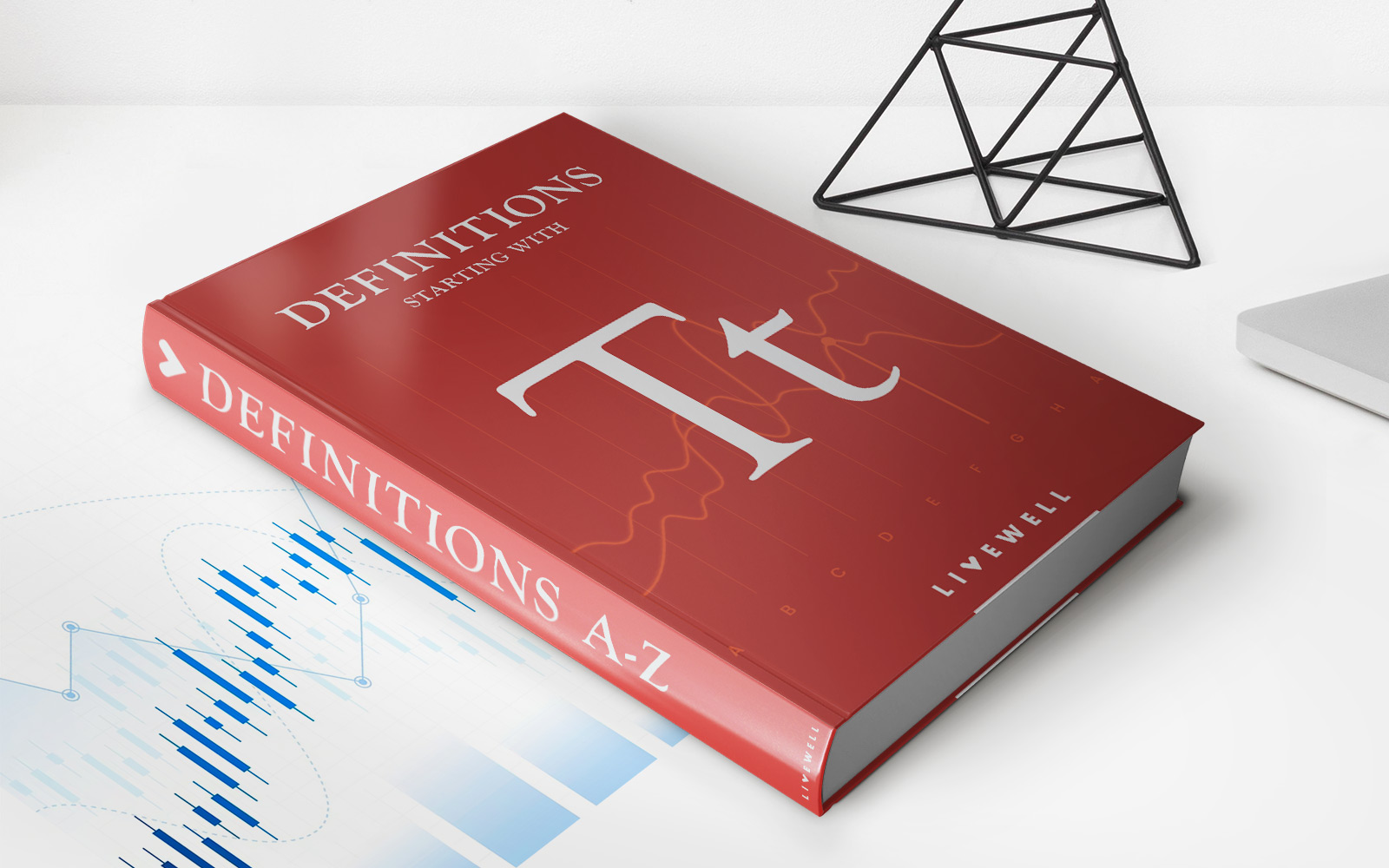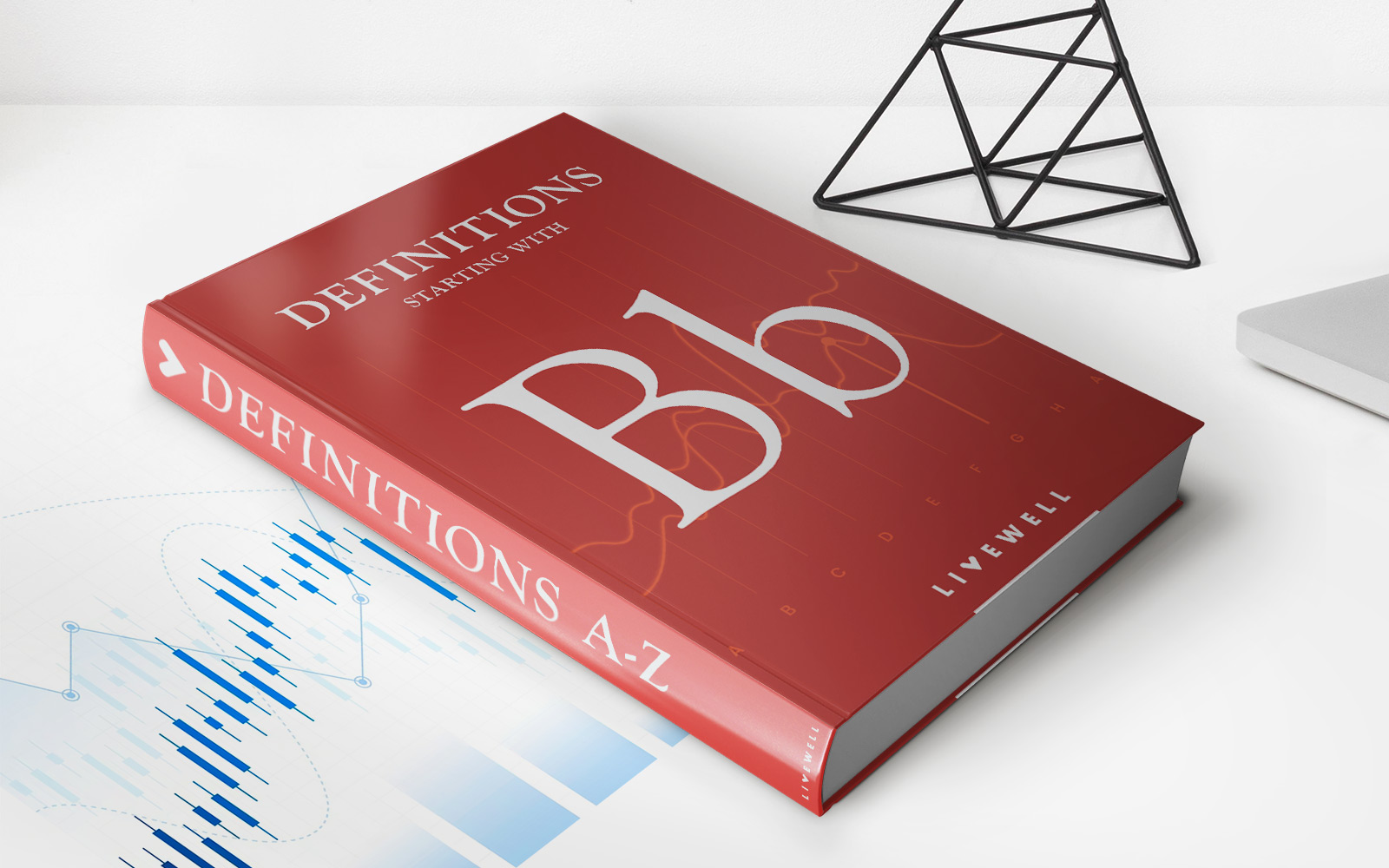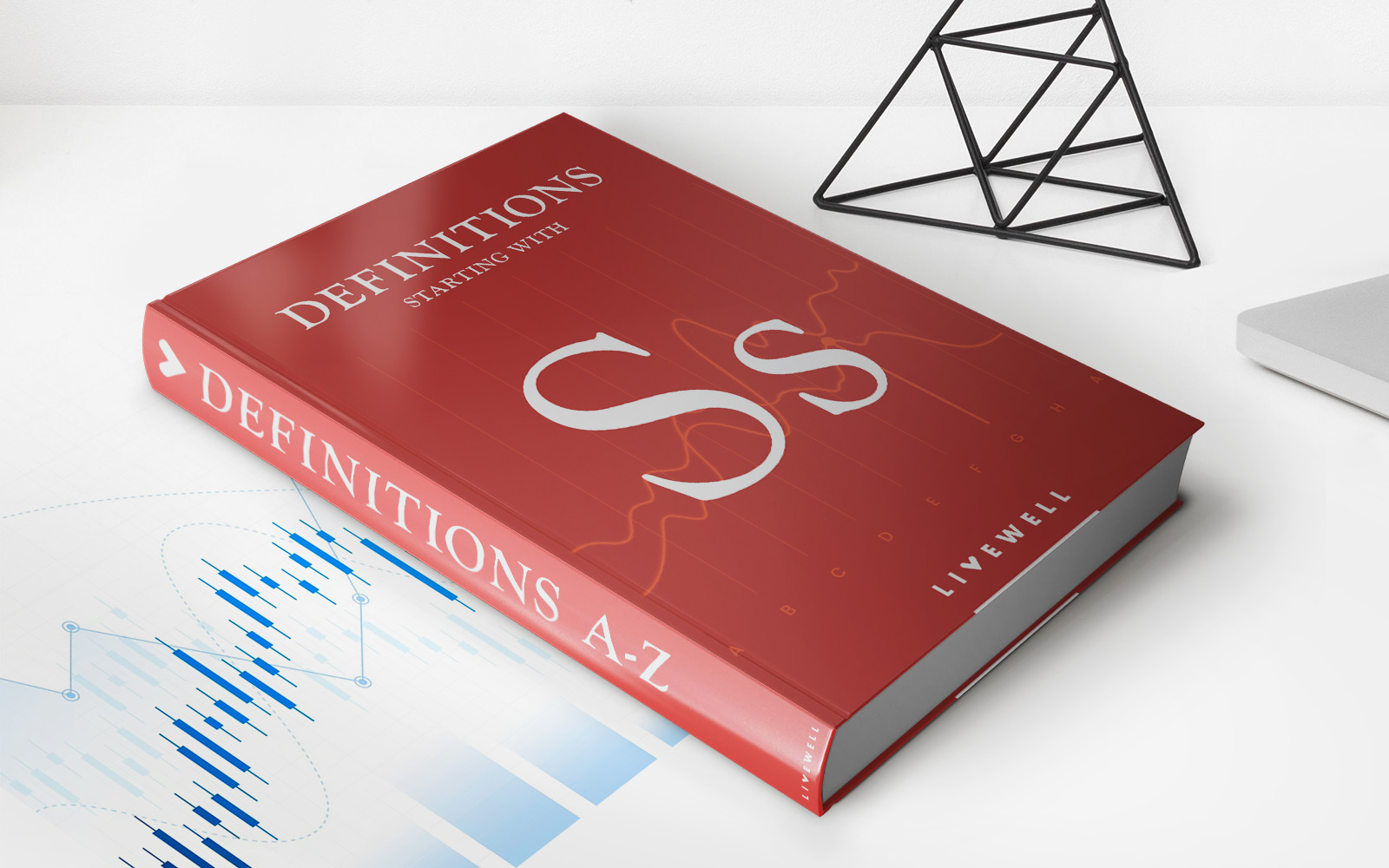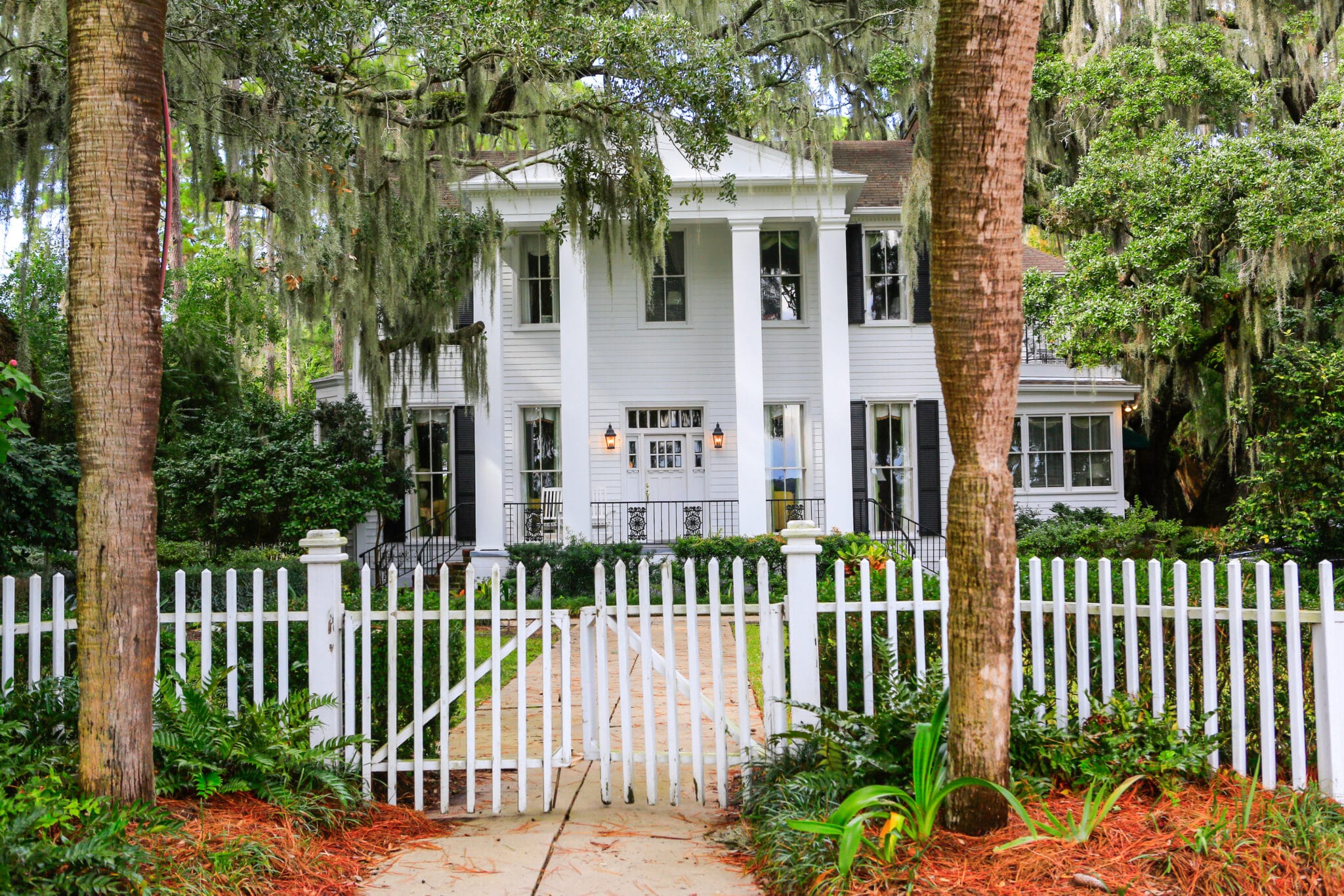

Finance
How Much Is Homeowners Insurance Georgia?
Published: November 19, 2023
Looking for homeowners insurance in Georgia? Find out how much it costs to protect your home and finances with our comprehensive coverage options.
(Many of the links in this article redirect to a specific reviewed product. Your purchase of these products through affiliate links helps to generate commission for LiveWell, at no extra cost. Learn more)
Table of Contents
Introduction
Welcome to the world of homeowners insurance in Georgia, where protecting your most valuable asset is of utmost importance. As a homeowner, it is crucial to have comprehensive coverage that safeguards your property and provides financial protection against unexpected events.
Georgia, with its diverse landscapes and vibrant housing market, presents unique considerations when it comes to homeowners insurance. From the bustling city of Atlanta to the scenic coastal regions, homeowners face various risks and challenges that should be taken into account when selecting an insurance policy.
Whether you are a first-time homeowner or a long-time resident of the Peach State, understanding the factors that affect homeowners insurance rates, as well as the available coverage options and ways to save money, will empower you to make informed decisions that best suit your needs.
In this article, we will explore the ins and outs of homeowners insurance in Georgia. We will delve into the factors that influence insurance rates, examine the average cost of coverage in the state, discuss the types of coverage options available, provide tips on how to save money on premiums, and even compare some of the top insurance companies in Georgia.
By the end of this article, you will have a comprehensive understanding of homeowners insurance in Georgia, empowering you to protect your home with confidence, peace of mind, and financial security.
Factors Affecting Homeowners Insurance Rates in Georgia
When it comes to determining homeowners insurance rates in Georgia, several factors come into play. Insurance companies take these factors into account to assess the level of risk associated with insuring a particular home. Understanding these factors can help you make informed decisions and potentially save money on your insurance premiums.
1. Location: The location of your home is a significant factor that influences insurance rates. In Georgia, factors such as proximity to the coast, areas prone to hurricanes or flooding, and the overall crime rate in your neighborhood can impact your insurance rates. Homes located in areas with higher risks may result in higher premiums.
2. Type of Dwelling: The type of dwelling you own also affects your insurance rates. Whether you have a single-family home, condominium, townhouse, or a mobile home, insurance companies consider the construction type, materials used, and the age of the dwelling to assess the level of risk.
3. Coverage Limits: The amount of coverage you choose for your home and personal belongings plays a role in determining your insurance rates. Higher coverage limits typically result in higher premiums.
4. Age and Condition of the Home: The age and condition of your home can impact insurance rates. Older homes may require more maintenance and repairs, so insurance companies may charge higher premiums to account for the potential risks associated with older structures.
5. Deductible: The deductible is the amount you agree to pay out of pocket before your insurance coverage kicks in. A higher deductible can lower your insurance premiums, but it’s important to make sure you can afford to pay the deductible in the event of a claim.
6. Claims History: Your claims history is also taken into consideration by insurance companies when determining your rates. If you have a history of frequent claims or significant losses, it may result in higher premiums.
7. Credit Score: In many states, including Georgia, insurance companies consider the homeowner’s credit score when calculating insurance rates. A higher credit score can potentially result in lower premiums, as it is seen as an indicator of financial responsibility.
8. Safety features: The presence of safety features in your home, such as burglar alarms, smoke detectors, fire extinguishers, and sprinkler systems, can lead to discounts on your insurance premiums.
It’s important to note that each insurance company may weigh these factors differently, which is why it’s advisable to shop around and compare quotes from multiple insurers to find the best coverage at the most competitive price for your home in Georgia.
Average Cost of Homeowners Insurance in Georgia
The cost of homeowners insurance in Georgia can vary depending on several factors, including the location of your home, the coverage options you choose, and the insurance company you select. To give you an idea of what to expect, let’s explore the average cost of homeowners insurance in Georgia.
According to the Insurance Information Institute, the average annual premium for homeowners insurance in Georgia is approximately $1,200. However, it’s important to note that this is just an average, and your actual premium could be higher or lower based on your specific circumstances.
The location of your home plays a significant role in determining the cost of homeowners insurance. Homes located in areas with higher risks, such as coastal regions prone to hurricanes or areas with a higher crime rate, often have higher premiums. On the other hand, homes situated in safer neighborhoods or inland areas may have lower insurance rates.
The type of coverage you choose and the limits you set for your policy will also impact the cost of insurance. If you opt for higher coverage limits or additional coverage options like flood insurance or personal umbrella coverage, your premium will likely be higher. Conversely, choosing lower coverage limits or minimal additional coverage options can result in lower premiums.
The age and condition of your home can also influence insurance rates. Older homes may be subject to higher premiums due to the potential risks associated with aging structures and the need for more frequent repairs. Renovations and upgrades to your home’s plumbing, electrical, or roofing systems can help lower insurance costs by reducing the likelihood of claims related to these areas.
Another factor that can impact the cost of homeowners insurance in Georgia is your credit score. Insurance companies often use credit-based insurance scores to determine premiums, as studies have shown a correlation between credit history and the likelihood of filing a claim. Maintaining a good credit score can help lower your insurance rates.
It’s important to keep in mind that the average cost mentioned here is just a general estimate. To get an accurate quote tailored to your specific needs and circumstances, it’s recommended to reach out to insurance providers and request quotes based on your requirements. Shopping around and comparing quotes from multiple insurers can help you find the best coverage at a competitive price.
Types of Coverage Options in Georgia
When it comes to homeowners insurance in Georgia, there are several types of coverage options to consider. Understanding these coverage options will help you make informed decisions about protecting your home and belongings. Let’s explore some of the key coverage options available in Georgia.
1. Dwelling Coverage: This coverage protects the physical structure of your home from covered perils such as fire, wind, hail, and vandalism. It typically includes the main dwelling, attached structures, and built-in appliances.
2. Personal Property Coverage: Personal property coverage provides protection for your belongings, such as furniture, clothing, and electronics, against covered perils. It is important to review the limits and exclusions of this coverage to ensure you have adequate protection for your possessions.
3. Liability Coverage: Liability coverage protects you financially if someone is injured on your property and you are found legally responsible. It can help cover medical expenses, legal fees, and even damages if you are sued. Having sufficient liability coverage is crucial to protect your assets in the event of an accident or injury on your premises.
4. Additional Living Expenses: In the event that your home becomes uninhabitable due to a covered loss, additional living expenses coverage can help with the cost of temporary accommodations, meals, and other necessary expenses while your home is being repaired or rebuilt.
5. Medical Payments Coverage: This coverage provides payment for medical expenses if a guest is injured on your property, regardless of who is at fault. It can cover expenses such as medical bills, ambulance fees, and even funeral costs in some cases.
6. Flood Insurance: While homeowners insurance typically does not cover damage caused by floods, it is important to consider adding a separate flood insurance policy, especially if your home is located in an area prone to flooding. Flood insurance can help protect your home and belongings in the event of a flood-related disaster.
7. Earthquake Insurance: Georgia is not typically considered a high-risk area for earthquakes; however, earthquakes can occur unexpectedly. If you live in an area with a higher risk of earthquakes, it may be worth considering adding earthquake insurance to your policy.
8. Scheduled Personal Property: If you have high-value items such as jewelry, art, or collectibles, you may want to consider scheduled personal property coverage. This provides additional coverage for specific items that may have limited coverage under your standard homeowners policy.
It is important to carefully review your policy and discuss your coverage needs with your insurance provider to ensure you have the appropriate coverage for your specific situation. Consider the location of your home, your personal belongings, and any additional risks that may be specific to your area to determine the coverage options that best protect your investment.
How to Save Money on Homeowners Insurance in Georgia
While homeowners insurance is essential for protecting your home and valuables, it’s also important to find ways to save money on your premiums. Here are some tips to help you lower the cost of homeowners insurance in Georgia:
1. Shop Around and Compare Quotes: Insurance rates can vary significantly between providers, so it’s important to shop around and get quotes from multiple insurers. Compare coverage options, deductibles, and premiums to find the most competitive price for your specific needs.
2. Increase Your Deductible: A higher deductible can lower your insurance premium. Consider increasing your deductible, but ensure that you can afford to pay it out of pocket in the event of a claim.
3. Bundle Your Policies: Many insurance companies offer discounts if you bundle your homeowners insurance with other policies, such as auto or life insurance. Check with your insurance provider to see if you can take advantage of multi-policy discounts.
4. Upgrade Your Home Security: Enhancing the security of your home can lead to lower insurance premiums. Install smoke detectors, burglar alarms, deadbolts, and even a home security system to reduce the risk of theft or damage from fire or smoke.
5. Maintain a Good Credit Score: Some insurance companies consider credit scores when determining premiums. Keep your credit score healthy by paying bills on time and reducing outstanding debt, as this can result in lower insurance rates.
6. Make Home Improvements: Updating your home’s plumbing, electrical systems, and roof can reduce the likelihood of claims and demonstrate to insurers that your home is well-maintained. Certain upgrades, such as impact-resistant windows and reinforced roofs, may also qualify you for discounts.
7. Review Your Coverage Regularly: As your needs change, it’s essential to review your policy regularly to ensure it aligns with your current requirements. You may find that you can adjust your coverage limits or remove unnecessary coverage, which could help reduce your premium.
8. Ask About Discounts: Inquire with your insurance provider about potential discounts that you may be eligible for. These can include discounts for being claim-free, being a senior citizen, or having a home in a gated community. Don’t hesitate to ask about available discounts that could lower your premium.
9. Avoid Small Claims: While insurance is designed to protect against major losses, frequently filing small claims can lead to higher premiums. Consider handling smaller repairs or damages out of pocket to avoid potential rate increases.
Remember, it’s important to strike a balance between cost savings and having sufficient coverage to protect your home. Assess your needs, explore options, and consult with your insurance provider to determine the best way to save money while ensuring comprehensive coverage for your Georgia home.
Comparison of Homeowners Insurance Companies in Georgia
When it comes to homeowners insurance in Georgia, there are several insurance companies that offer coverage options. To help you make an informed decision, let’s compare some of the top homeowners insurance companies in the state:
1. State Farm: State Farm is a well-known insurance provider that offers comprehensive homeowners insurance coverage in Georgia. They have a wide range of coverage options and discounts available, including multi-policy discounts and discounts for home security systems.
2. Allstate: Allstate is another popular insurance company that provides homeowners insurance in Georgia. They offer customizable coverage options and additional features such as coverage for identity theft and water backup. Allstate also offers a variety of discounts, including discounts for bundling policies.
3. Farmers Insurance: Farmers Insurance is known for its personalized service and flexible coverage options. They offer a variety of deductible options and additional coverage options like equipment breakdown coverage. Farmers Insurance also provides discounts for home safety features and multi-policy discounts.
4. Liberty Mutual: Liberty Mutual offers a range of homeowners insurance options in Georgia. They have coverage options for various types of properties and additional protection options such as inflation protection and coverage for valuable items. Liberty Mutual also offers discounts based on factors like being claim-free and having protective devices installed in your home.
5. Travelers: Travelers is a reputable insurance company that offers homeowners insurance coverage in Georgia. They provide customizable coverage options and offer additional features such as green home coverage for eco-friendly homes. Travelers also provides discounts for home security systems and protective devices.
6. USAA: USAA is a well-regarded insurance provider that serves military members and their families. They offer comprehensive homeowners insurance coverage options and provide additional features such as coverage for military uniforms and deployed spouses. USAA provides discounts for bundling policies and for having a home security system.
It’s important to note that each of these insurance companies may have different pricing structures, coverage options, and discounts available. It’s recommended to reach out to each provider, obtain personalized quotes based on your specific needs, and compare them to ensure you find the best fit for your Georgia homeowners insurance requirements.
When comparing insurance companies, consider factors such as the company’s financial stability, customer service reputation, and customer reviews. Reading testimonials and getting recommendations from friends or family members can also provide valuable insights.
By conducting thorough research and comparing homeowners insurance companies in Georgia, you can find a provider that offers the right coverage options at a competitive price, giving you peace of mind knowing that your home is protected.
Conclusion
Protecting your home with the right homeowners insurance coverage is crucial in Georgia, where natural disasters and other unforeseen events can pose significant risks. By understanding the factors that affect insurance rates, the average cost of coverage in the state, and the various coverage options available, you can make informed decisions when selecting a policy.
When it comes to homeowners insurance in Georgia, taking proactive steps to save money on premiums is essential. Shopping around, increasing your deductible, bundling policies, and improving home security are just a few ways to potentially lower your insurance costs. Regularly reviewing your coverage, maintaining a good credit score, and avoiding unnecessary claims can also contribute to cost savings.
Comparing homeowners insurance companies in Georgia allows you to find a provider that offers the right coverage options, discounts, and customer service reputation that aligns with your needs. State Farm, Allstate, Farmers Insurance, Liberty Mutual, Travelers, and USAA are just a few of the reputable insurance companies worth considering.
Ultimately, the goal is to ensure your Georgia home is adequately protected while also securing a policy that fits within your budget. Take the time to analyze your needs, assess the risks associated with your area, and carefully review each insurer’s offerings before making a decision.
Remember, homeowners insurance is more than just a financial investment—it provides peace of mind and protects your most valuable asset. By understanding the intricacies of homeowners insurance in Georgia and making informed choices, you can confidently protect your home and belongings from potential risks, allowing you to focus on enjoying the peace and comfort of your Georgia home.




